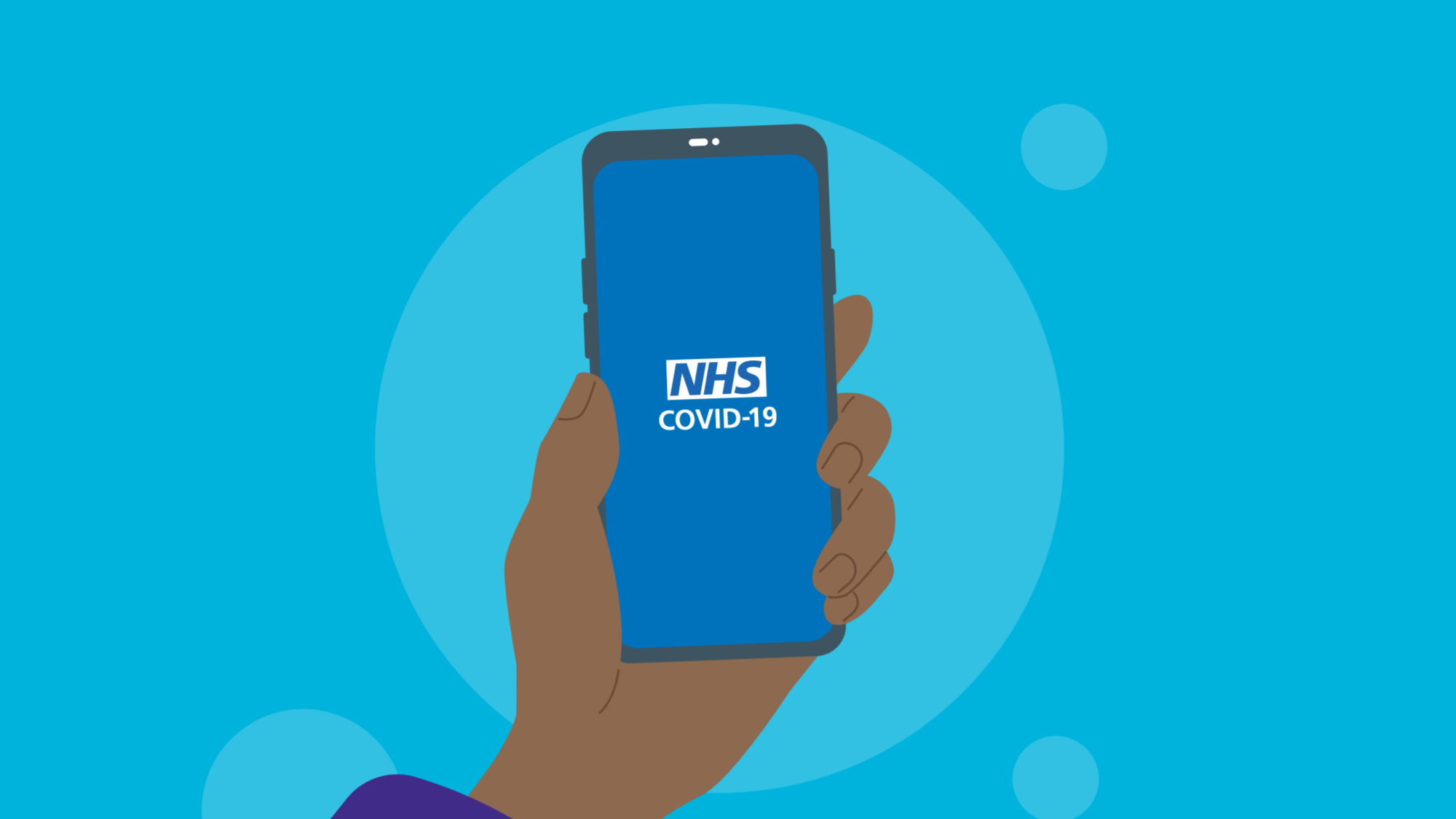NHS COVID-19 app is sending random alerts — here’s why you shouldn’t panic
You don't need to self-isolate unless it tells you to

It’s been a long time coming, and a very uneven journey, but as of a few weeks ago the U.K. has a mobile app that can help track whether you’ve come into contact with someone who tested positive for COVID-19. Unfortunately, things aren’t completely perfect.
While not a major issue, a large number of users are reporting that the app is sending them random alerts that disappear almost as quickly as they appear. But there’s no need for you to panic.
- How you can keep your face mask clean
- Our thoughts on Under Armour's face mask for runners
- Plus: PS5 leak just revealed bad news for storage space
Some users have been reporting that their phones are flashing up a notification claiming someone they had been near reported having COVID-19, with exposure date, duration, and signal strength being saved. But when users clicked the notification it didn’t actually do anything.
Evidently, these notifications have arisen because phones have detected someone within Bluetooth range that reported COVID-19 symptoms. But the NHS app’s algorithm determined these events weren’t important because the two people weren’t in close proximity for long enough. According to the FAQ page, importance is determined by being within two meters of someone for at least 15 minutes.
Really the alert just shows the tracking system is working, even if these notifications weren’t actually supposed to be going out to people.
The Department of Health has emphasized that it’s aware of the issue, but that people don’t need to panic. You should only be concerned if the app says you need to self-isolate for 14 days or that a location you recently visited has been labeled a “virus hotspot.” What’s more, important alerts will also appear in the app itself, so don’t let any vanishing alerts get you worked up.
The Department of Health claims the alerts are not an issue with the app itself – rather it’s a problem with the underlying system developed by Apple and Google. Fortunately, it says a fix is in the works. So let’s hope it’ll be rolled out soon. For the sake of our anxiety levels, more than anything else.
Sign up to get the BEST of Tom's Guide direct to your inbox.
Get instant access to breaking news, the hottest reviews, great deals and helpful tips.

Tom is the Tom's Guide's UK Phones Editor, tackling the latest smartphone news and vocally expressing his opinions about upcoming features or changes. It's long way from his days as editor of Gizmodo UK, when pretty much everything was on the table. He’s usually found trying to squeeze another giant Lego set onto the shelf, draining very large cups of coffee, or complaining about how terrible his Smart TV is.
